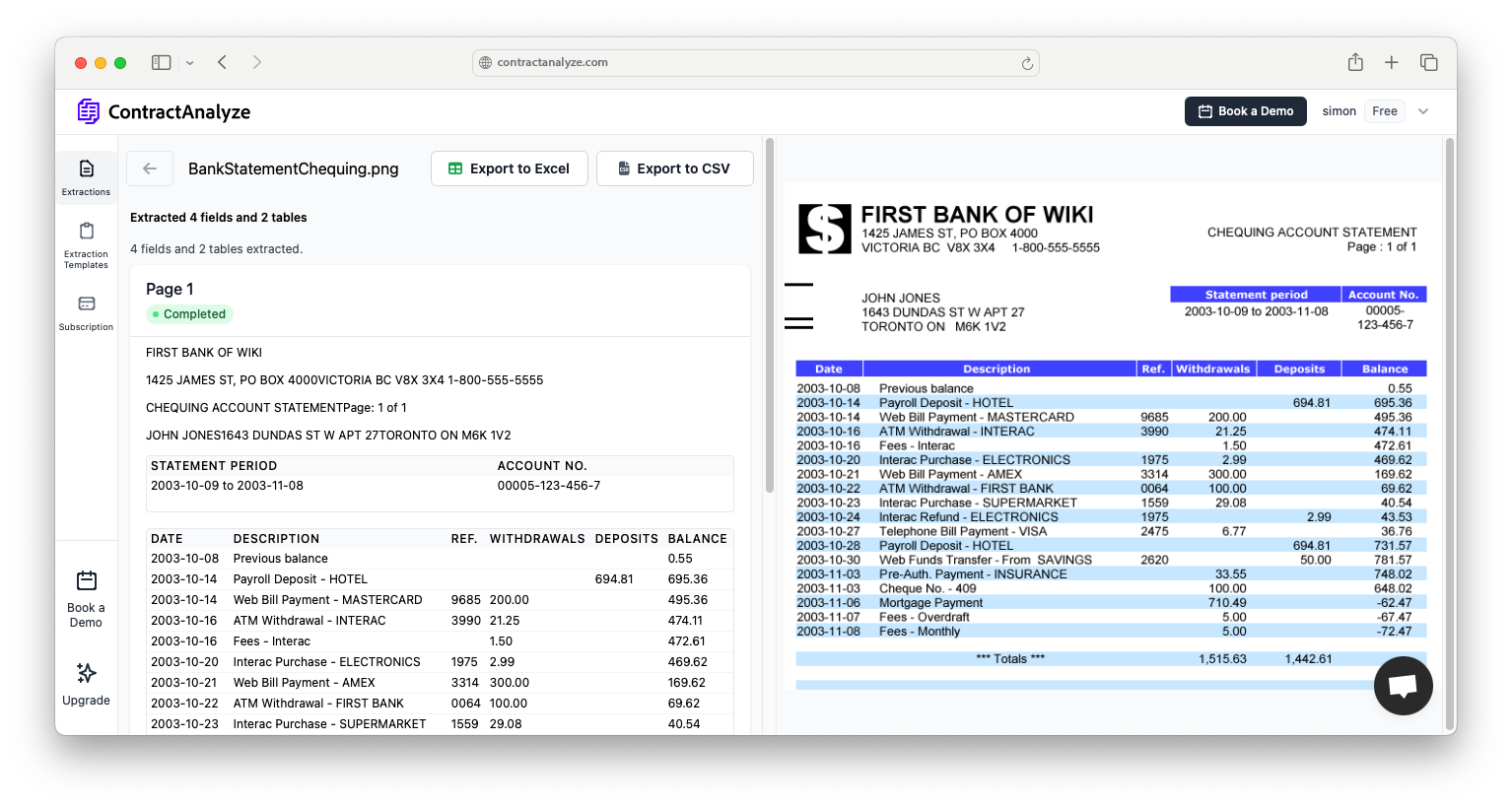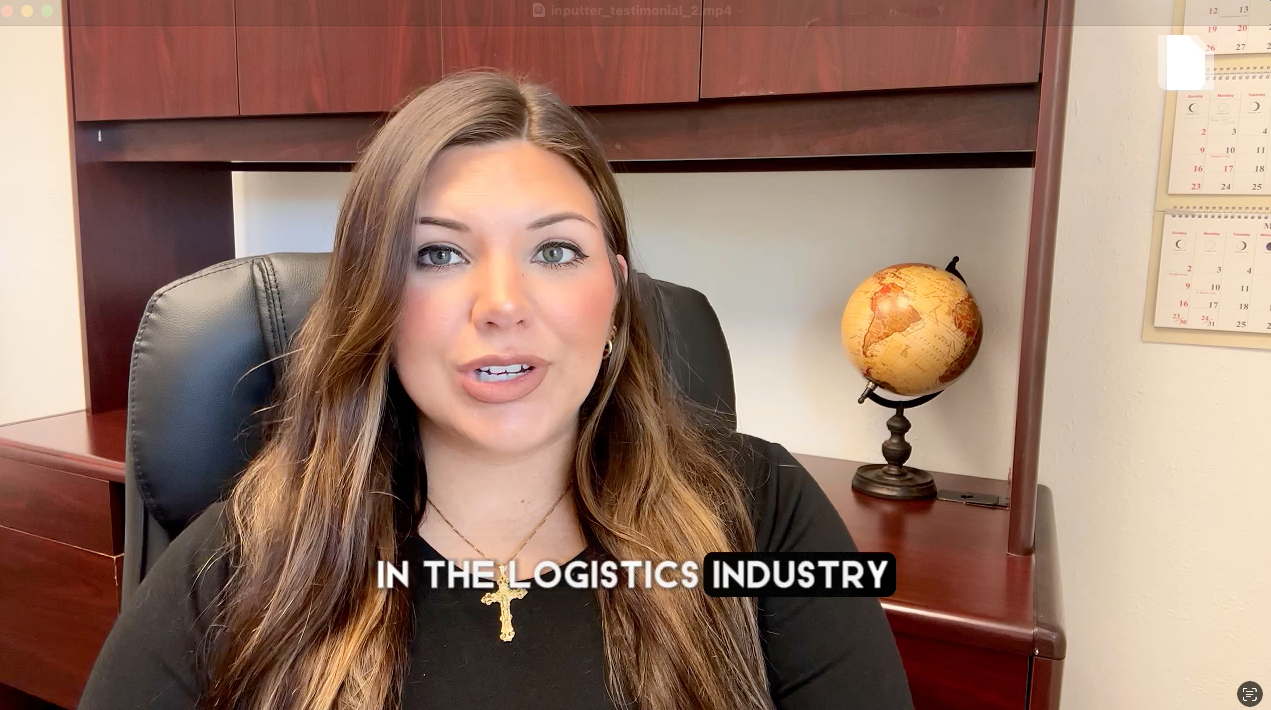Can AI identify limitation of liability caps, carve-outs, and excluded damages (indirect, consequential) across our contracts automatically?
Jan 14, 2026
The limitation of liability clause is the line between a manageable hiccup and a serious hit to the business. Caps, carve-outs, and excluded damages (like indirect, consequential, or lost profits) dec...
Read more →







